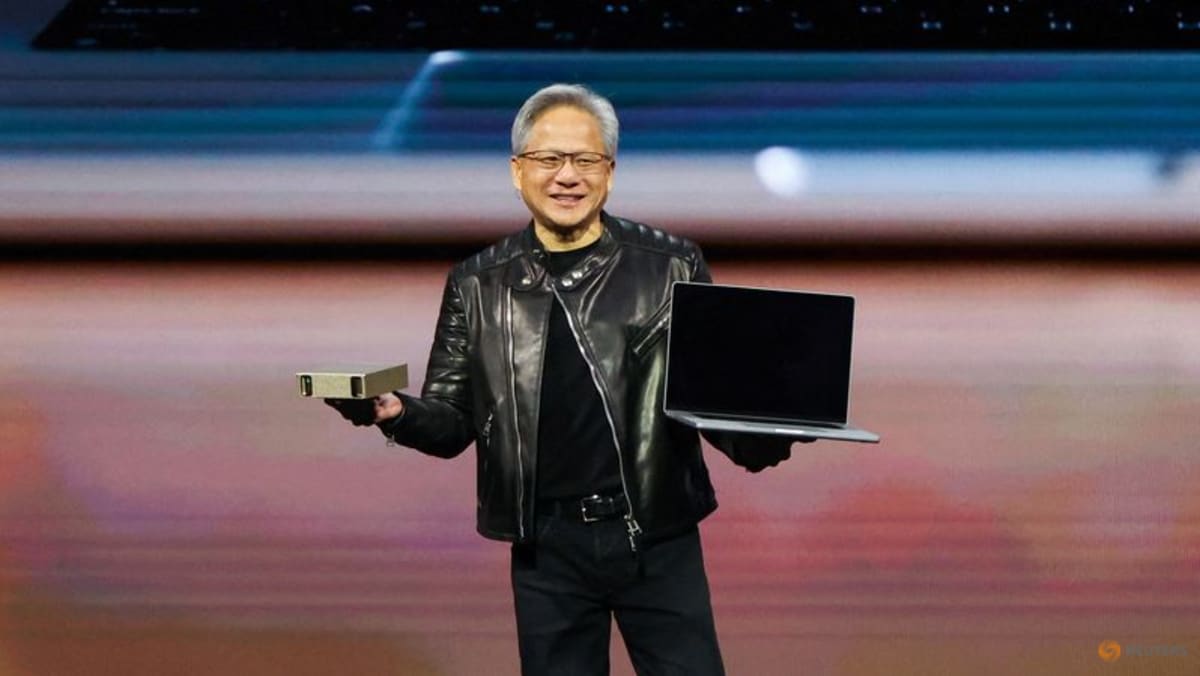
Nvidia CEO says company has not been asked to buy a stake in Intel
- 19.03.2025 16:48
- channelnewsasia.com
- Keywords: AI
Nvidia CEO Jensen Huang stated his company hasn't been approached about joining a consortium with Intel. He also highlighted Meta's significant investment in Nvidia chips for AI training, despite concerns over demand amid competition from DeepSeek's AI models.